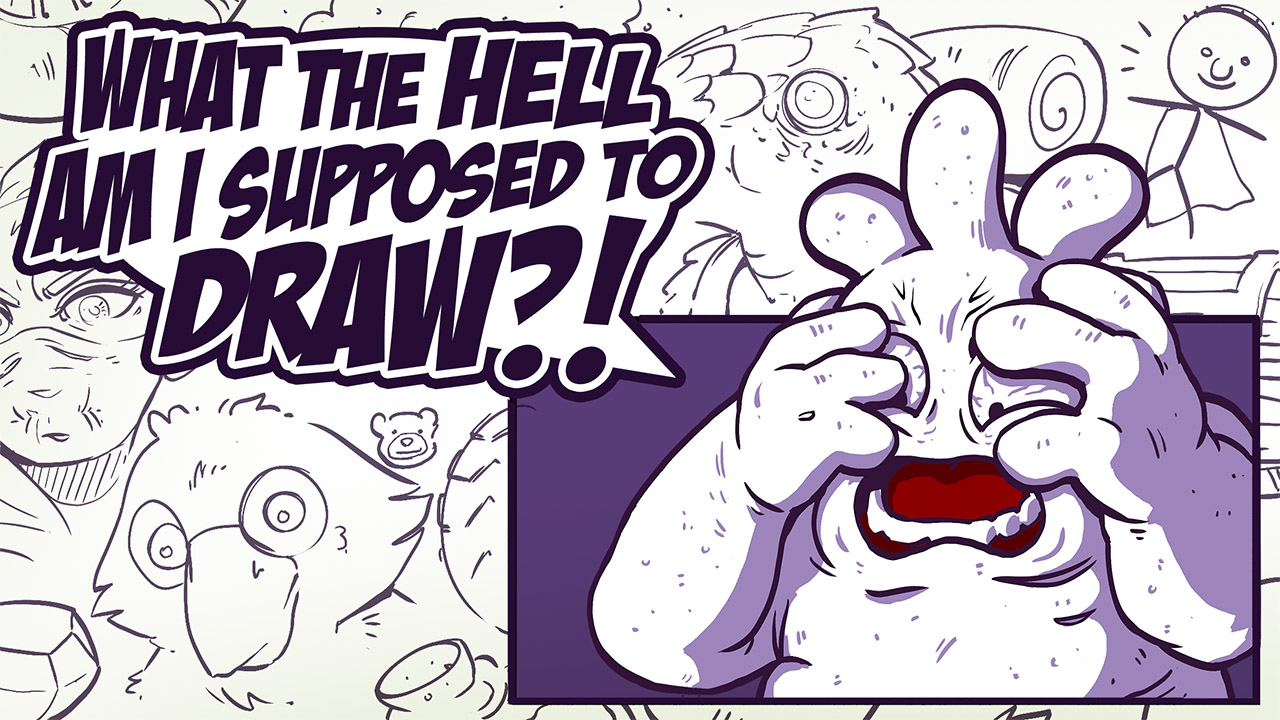7:29 PM, Thursday September 3rd 2020
Glad I could help you! I'll be waiting for it.

Glad I could help you! I'll be waiting for it.
Hi again! Can you see if there's any gigantic error in my 2nd try on those rotated boxes? Link here.
I also included two more pages of some lines that was recommended by Lars (Thank you again too), if you could take a look it would be very helpful.
Thanks again.
Yes Yes Yes!
Your rotated boxes look much better. And the lines look good to. I can really see an improvement there.
Next Steps:
You can now proceed to the 250 box challenge.
But don't forget to draw for yourself as mentioned in Lesson 0. I would recommend you also do some critiques. Here's a quick guide for doing critiques by Elodin: https://pastebin.com/dYnFt9PQ
Thank you so much! Ready to tackle the next challange. And don't worry, i have a sketchbook that has been used a lot. Will also do these critiques. Thanks again.

Right from when students hit the 50% rule early on in Lesson 0, they ask the same question - "What am I supposed to draw?"
It's not magic. We're made to think that when someone just whips off interesting things to draw, that they're gifted in a way that we are not. The problem isn't that we don't have ideas - it's that the ideas we have are so vague, they feel like nothing at all. In this course, we're going to look at how we can explore, pursue, and develop those fuzzy notions into something more concrete.
This website uses cookies. You can read more about what we do with them, read our privacy policy.